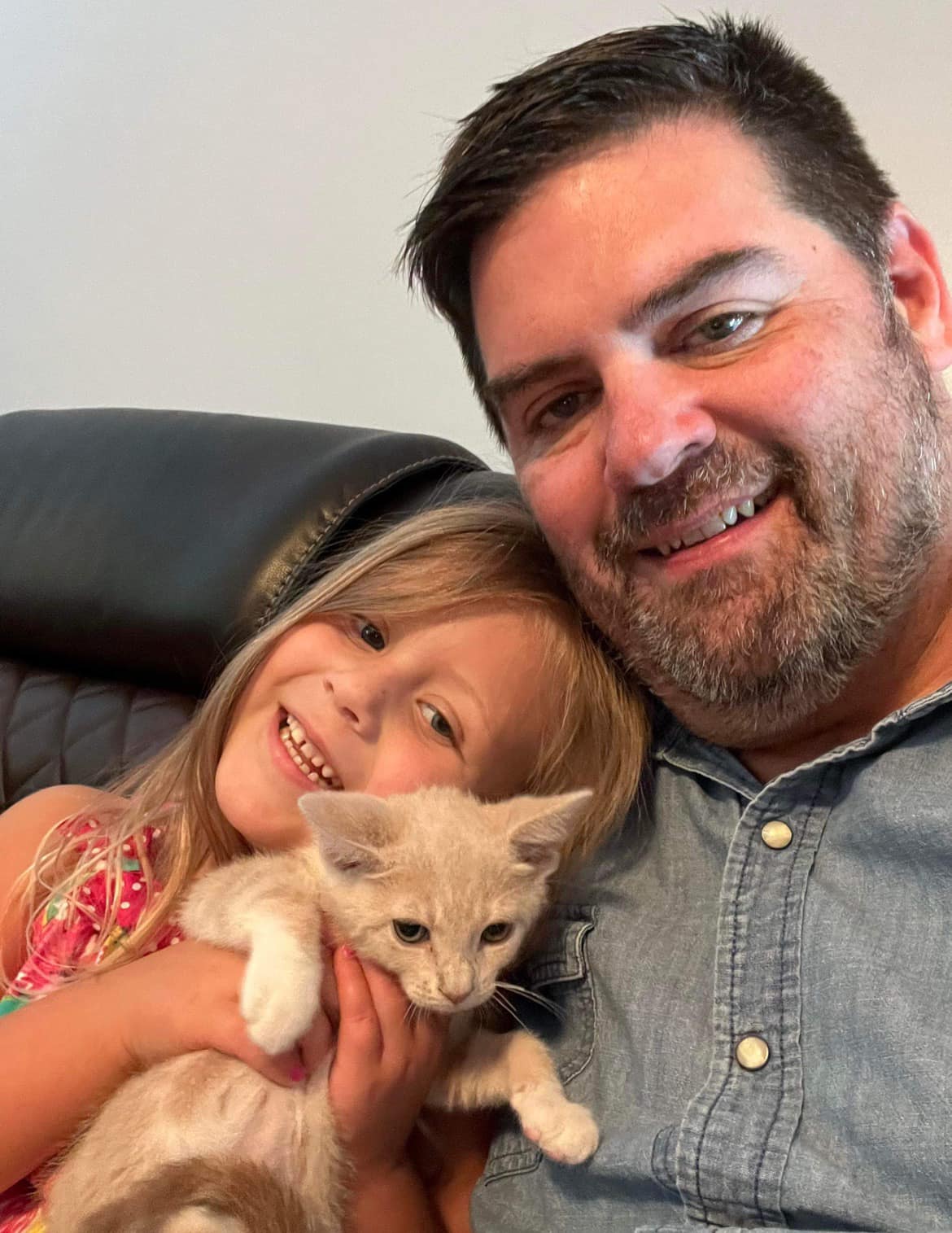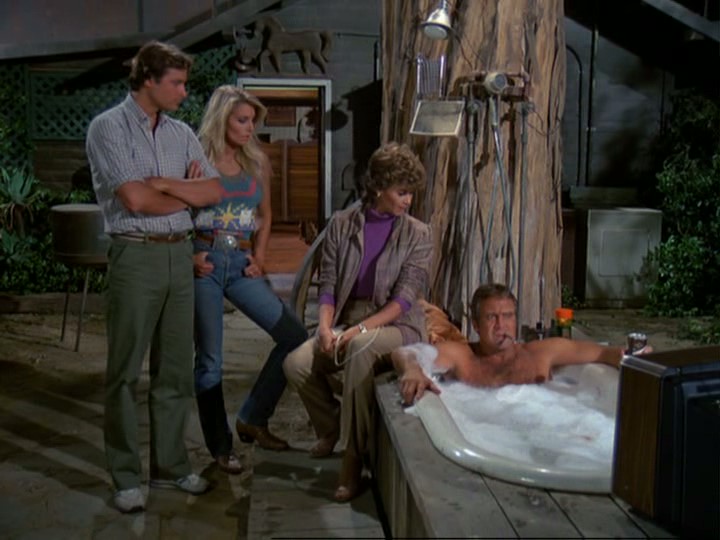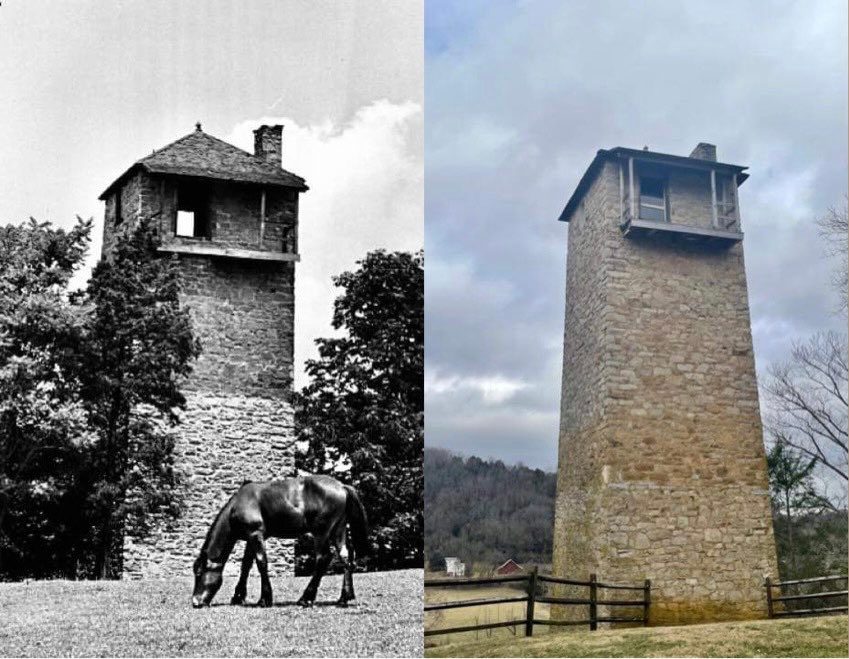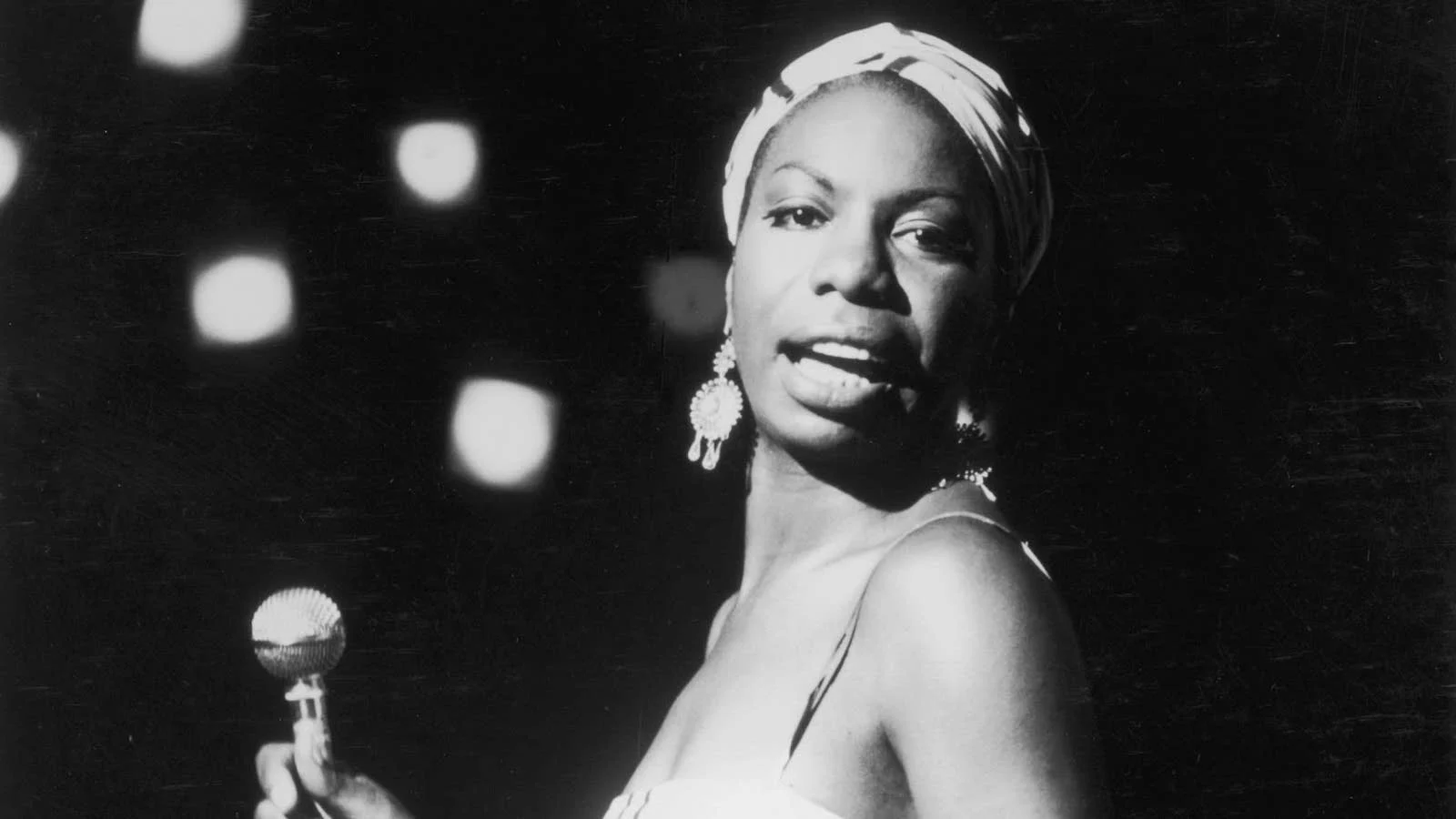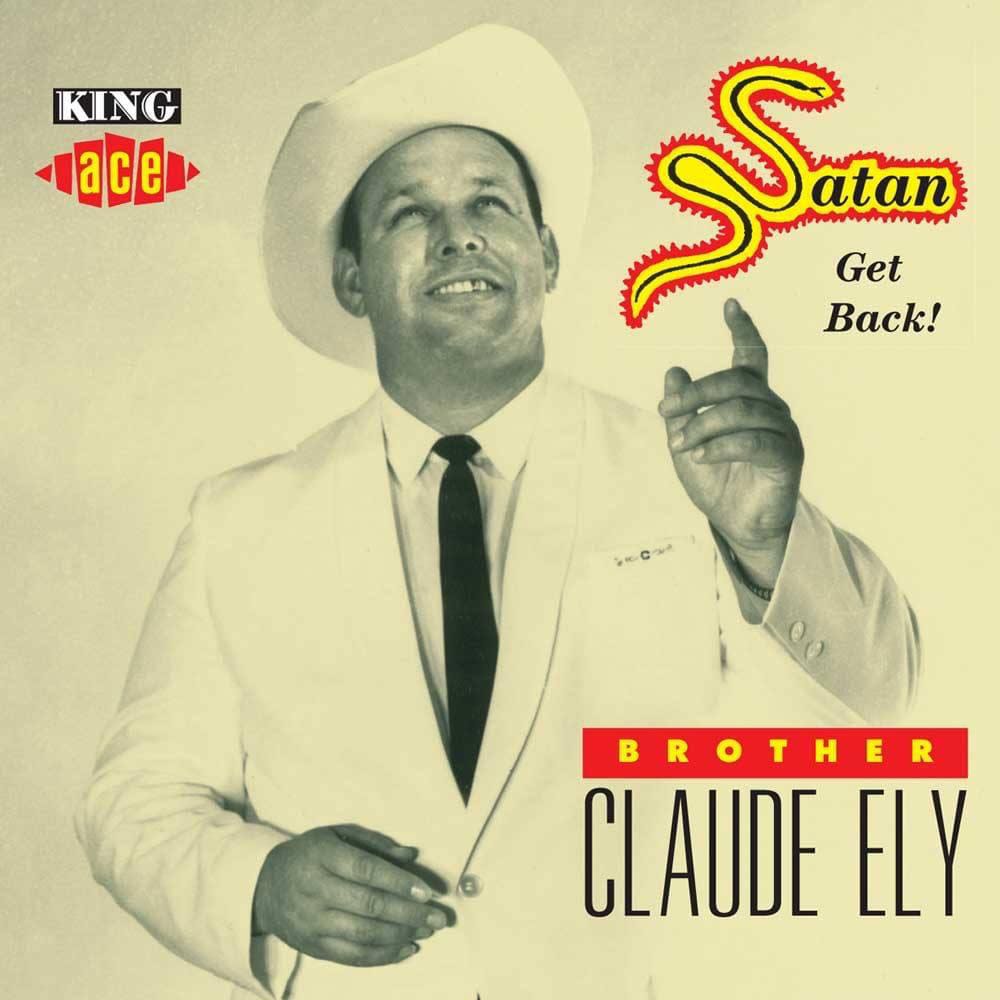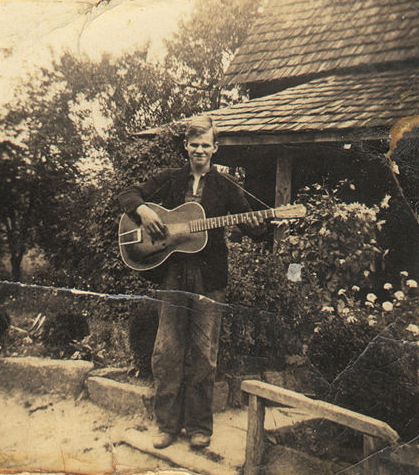I went to get a haircut this evening, which I don’t suppose is big news to anyone including me but it still inspired me to write so I am going with it. Since I have moved from my hometown, I have got into the habit of going to what I call a “chop shop” or, basically, one of the high-volume retail salons that get you in and out in about 15 minutes. I have fallen into the trap of going to them because they’re pretty quick and easy but the experience always leaves me a little cold. I can’t help but contrast that with the good ol’ days of yore when I went to my hometown barber at Don’s Barber Shop.

Every time I go to get my haircut these days, without exception, the ol’ gal (they’ve always been gals so far) asks me if I have ever been there before so I explain that I have and dutifully give them my phone number so they can pull up my account. Now, I have been there 10 times or more since I have moved to town and yet they never ever know me from the man on the moon.
The gal cutting my hair this time read the notes on my account, then asked me, “It looks like we’ve been doing a number 4 and scissor-cutting the top, does that sound right?” All I could think was “I don’t know a number 4 from a number 200, lady, I must have missed the lesson that came after learning what number 1 and number 2 was during potty training. Let’s just go with what you’ve got there.” Instead, I politely responded, “Yeah, I think that is right” and let her go to work on lopping off a couple inches.
Let me tell you right here and right now, in all my 20+ years of patronage Don never had to ask me if I’d been there before or if he’d used a number 4 the last time. Why, he even knew my family going back decades and he always gave me the exact same haircut for 20 years with no questions asked. No muss, no fuss, just good conversation and consistency. Nothing fancy was needed nor expected.
Speaking of conversation, the lady barber put me through the same questions I’d been subjected to the last ten times I’ve been there: ”Where do you work?…Do you have any kids?” It felt like we were out on a blind date…it always does.
Don knew my kids by name, where I went to church, a good portion of my family tree and just about anything a person could ever want to know about somebody.
In all fairness, I have to say that throughout history women have had the reputation for gossiping but I can tell you that I got more town news, speculation, and goings on in Don’s Barber Shop than I ever got anywhere else. For anyone wanting the scoop on what’s happening in town or the world, go check out a barber shop filled with men someday.
The chop shop makes everything sooooo easy, you can check in online and show up just in time to hit an open chair. They get right to work on you and send you on your merry way lickety-split. You really can’t beat their turnaround time.
At Don’s, it was always on a first-come-first-served basis and you really never knew who might be in line with you, friend or foe. It could either be the highlight of your day by seeing an old friend or it could make for some awkward silence and exchanges if someone you had beef with happened to be there or even a combination of the two. You might get lucky and weight five minutes or you might hit a busy time and wait an hour. There was a little bit of excitement about finding out what hand you would draw when you get there.
I wish I could make it back home to the barber shop, I would make that trade in a New York Minute. There’s no question that the retail salons are quick and convenient…but you will never convince me that they are progress.
